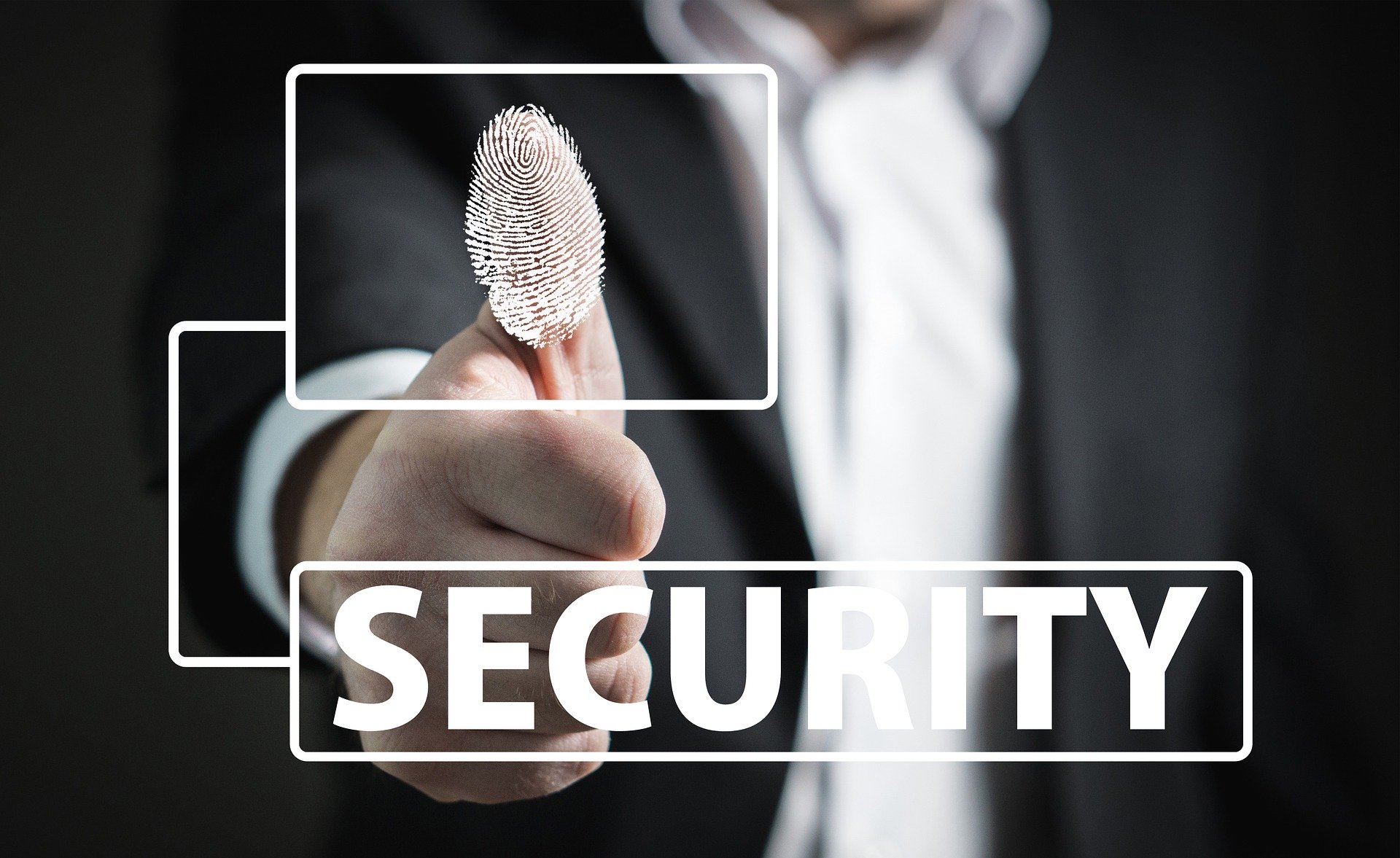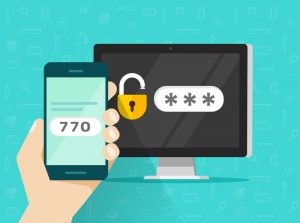It seems like there are countless software options for people who are nervous about cyber security. It seems like every new software is designed to keep you safe forever with almost no cost! It sounds like a magic diet pill but for computer viruses!
But are these expensive pieces of software really what you need? There is actually a fair amount of free and easy ways to make sure that your small business has what it needs.
So, here are some free cyber security tips to protect your small to medium sized business!
Password Security!
We cannot overemphasize just how important password security is. We recently spoke about brute force entry, and showed just how open most people are to a cyber attack. Following basic password security rules can do wonders for your online security. That means using long passwords, making them very complicated (with the use of a password generator), and not reusing the same password twice. Good password management is the first major key to keeping your data safe!
Utilize 2FA!
Two Factor authentication is a wonderful tool that costs nothing to use. It is essentially a secondary login that is necessary to access the first account. So, let’s say you have an account with Bank of America that you want to protect. You can add 2FA to your account and it will ask for additional credentials that are generated on the spot. So, if someone got your bank login and used it, the original account owner would get a notification from their 2FA service asking them to confirm and enter a password to grant access. Without it the person will not be able to enter your network, and you can stop everything before your data gets stolen!
Keep Everything Up to Date!
Software needs to be updated, and it’s not just to force you to use their new technology. Software updates also happen because there are problems that they need to fix. Sometimes this may be a silly bug, but other times it can be a big security flaw. Furthermore, as other software gets updated or installed, it can be extremely difficult for them to work with older software. This can leave unexpected holes in your security that people are able to take advantage of. Something as simple as updating may not show you an immediate difference, but it will absolutely sure up weaknesses that you may have.
Close Firewall Ports!
Firewalls are like semipermeable membranes that only allow certain information to come through. This helps protect you from various malware that might want to get into your network, and stops all of your data from freely flowing out into the entire internet. However, firewalls have ports that help them decide what needs to pass through and what needs to stay hidden. However, sometimes the less common ports can be left open for people to send something malicious through. Closing open firewall ports can help you close up any possible portals that attackers could use.
Use a VPN!
A VPN is one of the best ways to help anyone stay safe online. They are Virtual Private Networks and using one helps keep you anonymous. Essentially a VPN creates a tunnel that you can use to access the internet without fear of someone else getting in. It also hides your IP address so it’s perfect for public Wi-Fi networks. Many VPNs are available for free, but for businesses you may have to sign up for a subscription.
Free Network Assessment and eBooks – Most managed service providers (like our team at Synchronet) provide FREE network assessments, eBooks, and other helpful guides. This is a great opportunity to have professionals analyze your system and help you make smart choices on how to move forward. Reach out to our great team today and we can help you figure out the best ways to protect your business and set yourself up for success!
Are Your Cybersecurity Essentials Covered?
Don't wait until a threat strikes to protect your organization from cybersecurity breaches. Download our free cybersecurity essentials checklist and take the first step toward securing your digital assets.
With up-to-date information and a strategic plan, you can rest assured that your cybersecurity essentials are covered.
Get the Checklist
Share this




